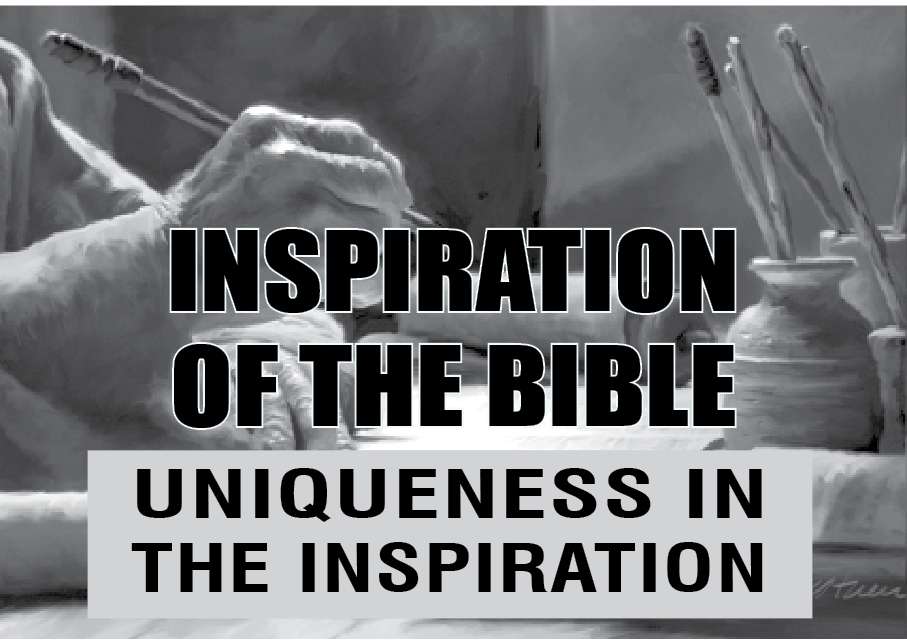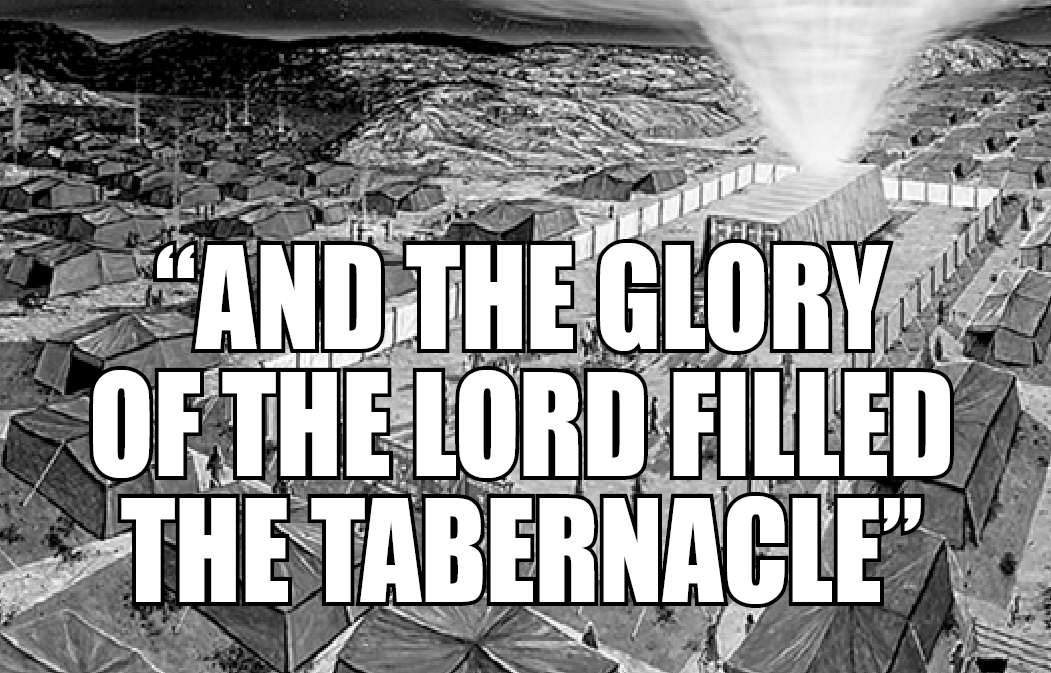

The Foolishness of the Cross
Pr. Philip P. Sam
“For the message of the cross is foolishness to those who are perishing, but to us who are being saved it is the power of God” (1 Corinthians 1:18). Apostle Paul makes this affirmation even as he addresses the issue of emerging schisms and groups in the Corinthian church. These schisms were centered on human personalities like Apollos, Peter and Paul himself. Some of the members of the church followed Apollos, while others followed Peter and still others hooked on with Paul (1 Corinthians 1:12). These internal issues were a reflection of the ‘hero worship’ that was popping up subtly in the ministries and the life of the Church. It is in this context that Paul makes his point that the cross is not to be preached with human wisdom (1:17) or else it will become devoid of its power. Paul drives home his assertion that the message of the cross is basically foolishness and hence the personality of the messenger and his skills as well as wisdom becomes redundant to attract a following.
We need to address two basic questions at this juncture: firstly, how is the message of the cross foolishness for the world? Secondly, why did God reveal the message of salvation through the foolishness of the cross? Apostle Paul addresses both these questions in his arguments that develop the theme of the foolishness of cross firstly in terms of the context of the message (the Jews and Greeks 1:18-22), secondly, the content of the message of crucified God (1:23-25), thirdly, in terms of the recipients (weak and lowly people) of the message (1:26-31) and fourthly, the communication of the message in weakness and trembling (2:1-6).
The Context of the Message
The message of the cross is foolishness to the world. The context of the message is the world which however is looking for signs and wisdom. The Jews and Greeks together defined the population of the first century world of Paul. The Jews sought after a miracle working God, who in their past history manifested Himself in signs and wonders on their behalf. For the Jews, Yahweh is the God of Israel who is powerful and would act mightily to establish their kingdom. The Jews sought for a Messiah who would be manifested to establish the kingdom of Israel. How could they believe in a messiah who would end up on an old rugged cross? That was a scandal and a stumbling block in their belief system. In the contemporary world also, a major section of the people seek after a wonder working God, who would work on their behalf to establish their well being. Such a belief however is incompatible with the wisdom of the cross. To such believers, the cross and the suffering of Christ is something off-track, undesirable and hence a stumbling block.
The Greeks on the other hand looked for wisdom and studied the meaning of life in a philosophical way. For things to be meaningful, it had to be logical to the human mind. How could the ‘death of God’ be logical to the human mind? It would not be an exaggeration to state that all the religious systems of the world is the result of human philosophies and the search of meaning of life. The cross can end up in religion if it is understood and oversimplified in terms of human wisdom. God’s ways are very different from the way of the humans, and the cross was God’s way to nullify the wisdom of the wise (1:19 &20).
The Christian world today is full of philosophers and preachers who are trying to make the cross understandable in terms of human logic. In this attempt they make the cross empty of its own divine power.
The Content of the Message
The message of the cross is about the “crucified God”. It is something which human minds cannot grasp. To the world it is foolishness. In the eyes of the world, what is the power that is demonstrated in the helplessness of God hanging upon a cross? Human religion and philosophy seeks a God who demonstrates his power through signs, wonders and a higher wisdom. However the cross does not display any of these characteristics and hence it is foolishness to the world.
The cross lacks the form of human wisdom and power; however it is the power of God for the salvation of humankind. Jesus is the wisdom from God- that is our righteousness, holiness and redemption (1:30). Though the message of the cross is stumbling block to the Jew and foolishness to the Greek, yet for those who are called, it is the power and wisdom of God. The cross is God ordained way for our redemption, salvation and right relationship with God.
The Calling of the Message
Paul further spells forth the calling of the message whereby God chose the foolish things of the world to shame the wise; God chose the weak things of the world to shame the strong (1:26-31). Paul explains that God choose the vile things of the world so that no one can boast before Him (1:29).
The Communication of the Message
The communication of the message is not in eloquence and higher wisdom but in meekness, fear and trembling so that the message is communicated not in wise words and forms but in the demonstration of the power of the Spirit (1 Corinthians 2:1-6). The communication of the gospel in meekness makes sure that the faith of the believer rests not on the wisdom of the communicator but on the power of God (2:6).
After a brief section addressing the believers of Corinth about their spiritual wisdom in living a worldly life filled with Jealousy, quarrelling and following human leaders, Paul asks a rhetorical question: Who then is Paul, and who is Apollos?... (1 Corinthians 3:5) Paul in this part of the letter to the Corinthians wants to admonish the believers to understand the true nature of the gospel of the cross and the true value of the preachers so that the Christian faith does not become reduced to a false religion of human splendor and display of human skill and wisdom.
Have we emptied the power of the cross by preaching the gospel in human wisdom? And by doing so have we attracted people to follow us? To put the question the other way round, are we giving more importance to the personalities and preachers of the message? This question is particularly important for our times because Christendom is divided today because of preachers who are reducing the Christian faith into personality cults. The message of the cross is foolishness yet the power and wisdom of God, preached in meekness but demonstrated by the power of the Spirit and accepted by a foolish people to nullify the wise, so that no one can boast before God. The message of God is foolishness so that the faith of the believer may rest not upon human wisdom but on the power of God alone (2:6). The cross is the greatest display of God power, let that power not be reduced or limited or bypassed by human wisdom. Let all glory and honor be to God.






